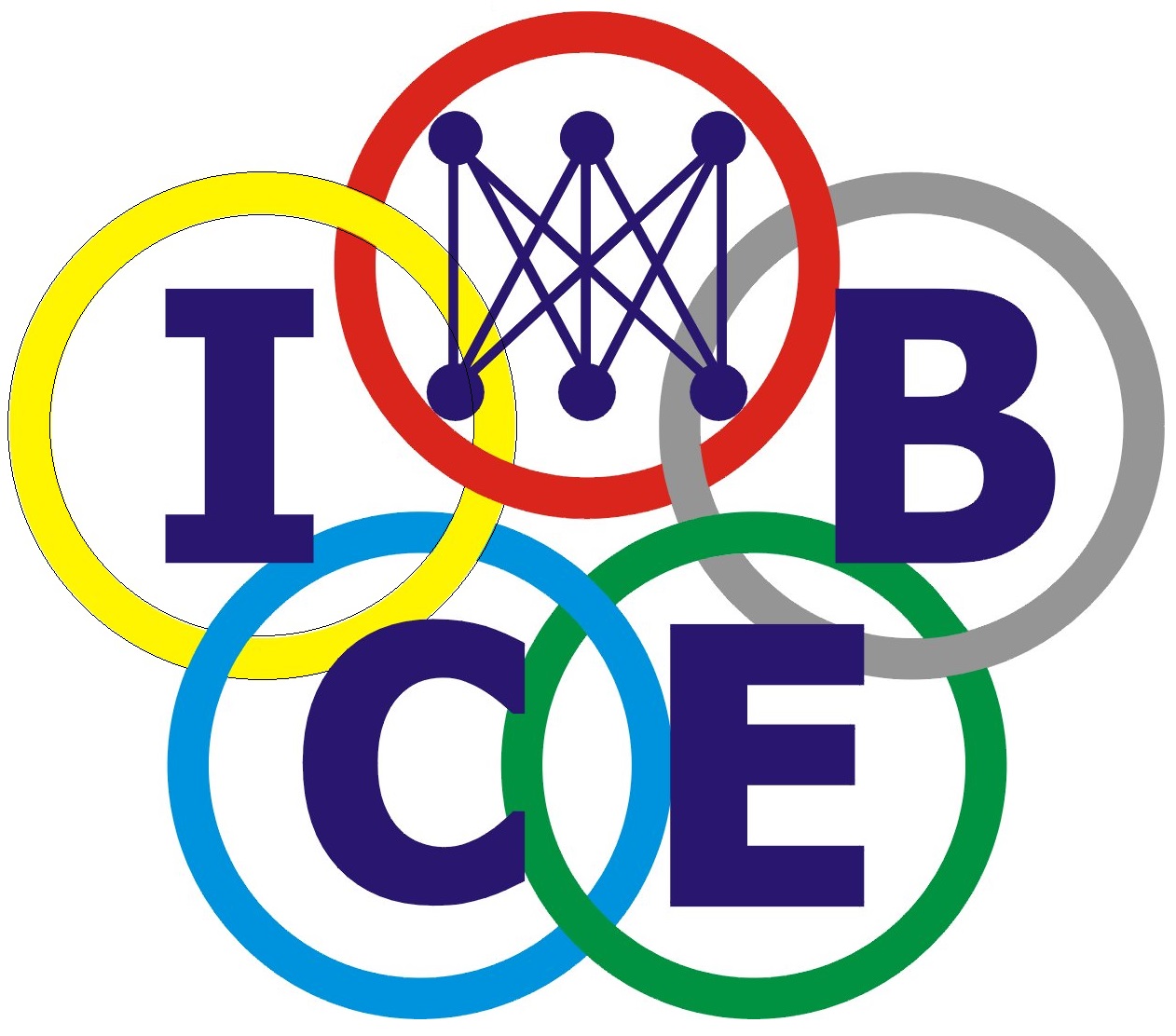Document Type
Article
Abstract
Customer preference information is of great importance for vendors to carry out price discrimination and targeted marketing. Advanced Internet technologies, especially web 2.0 and web-economy, have been provided accessibility and allowed vendors to acquire these information by the user-community and online personalization technologies. This study investigates an information market where the complementary firm pays to the vendor to indirectly acquire the customer preference information, which could be costly to acquire. We develop an economic model to examine vendor’s optimal information acquisition and sharing strategies under horizontal relationship under different payment formats of the complementary firm (i.e. fixed-fee or service-rate payment). We show that both payment formats improve the basic personalization service, and the basic personalization service is equal under two payment cases, but the extra personalization service under fixed-fee payment is higher than that under the service-rate payment. Nevertheless, the vendor’s equilibrium benefits are improved with information sharing under both payment formats. Moreover, although the complementary firm would get zero benefits under fixed-fee payment and positive benefits under service-rate payment, the customer preference information can be acquired under both cases. Our findings not only help researchers interpret why the vendors implement information sharing strategies, but also assist practitioners in developing better social commerce and cooperation strategy. The implications of this paper can shed light on how firms interact under horizontal relationship where a vendor possesses information superiority.
Recommended Citation
Lv, Hongjin and Wan, Yinghong, "Online Personalization And Information Sharing Under Horizontal Relationship" (2015). ICEB 2015 Proceedings (Hong Kong, SAR China). 29.
https://aisel.aisnet.org/iceb2015/29


